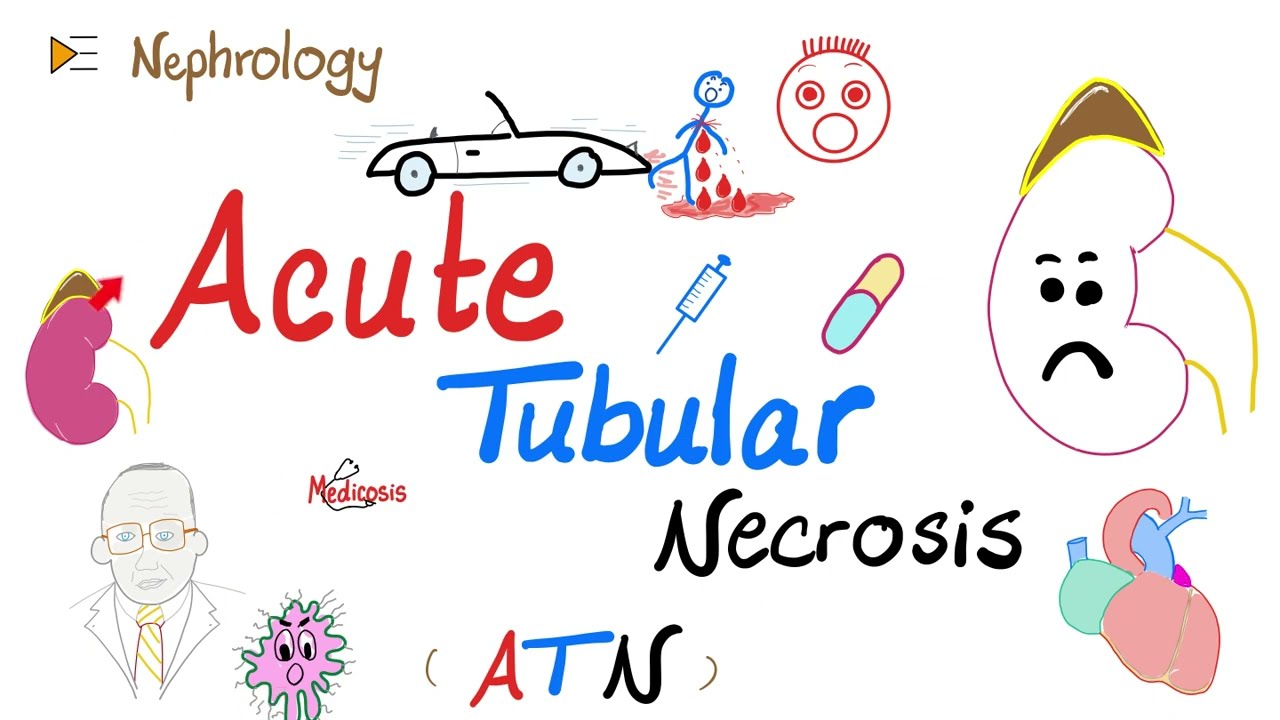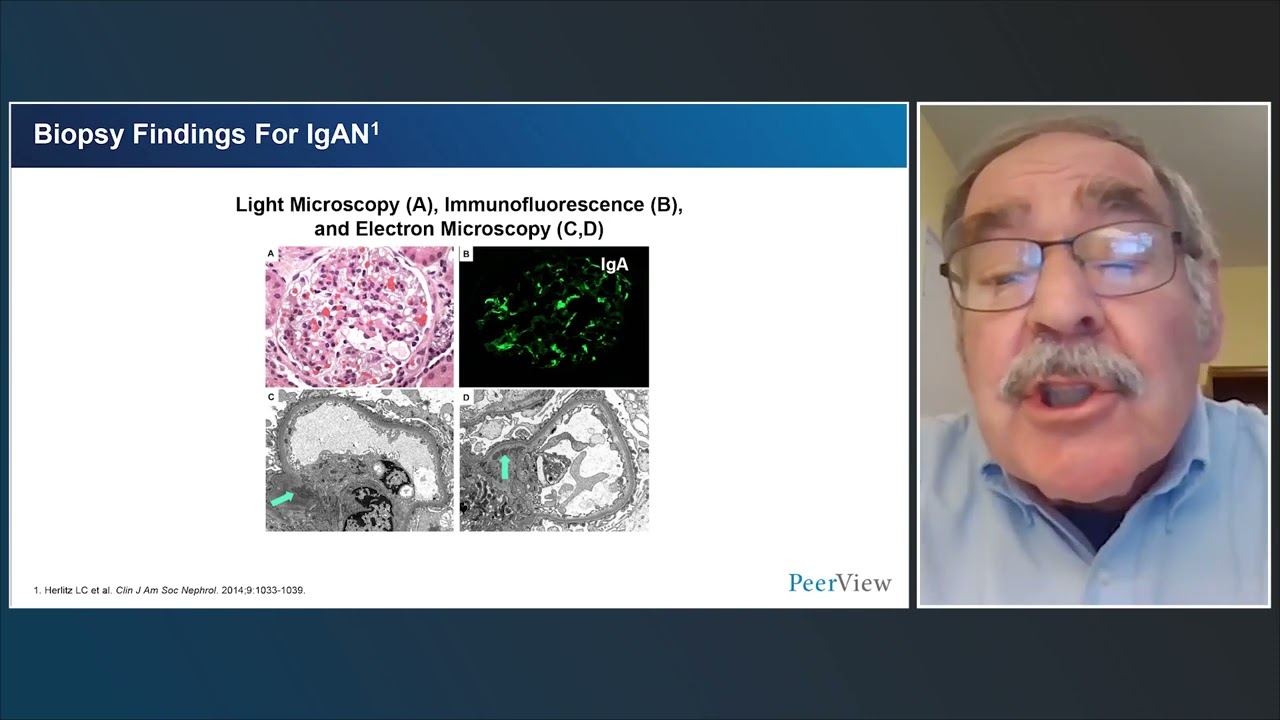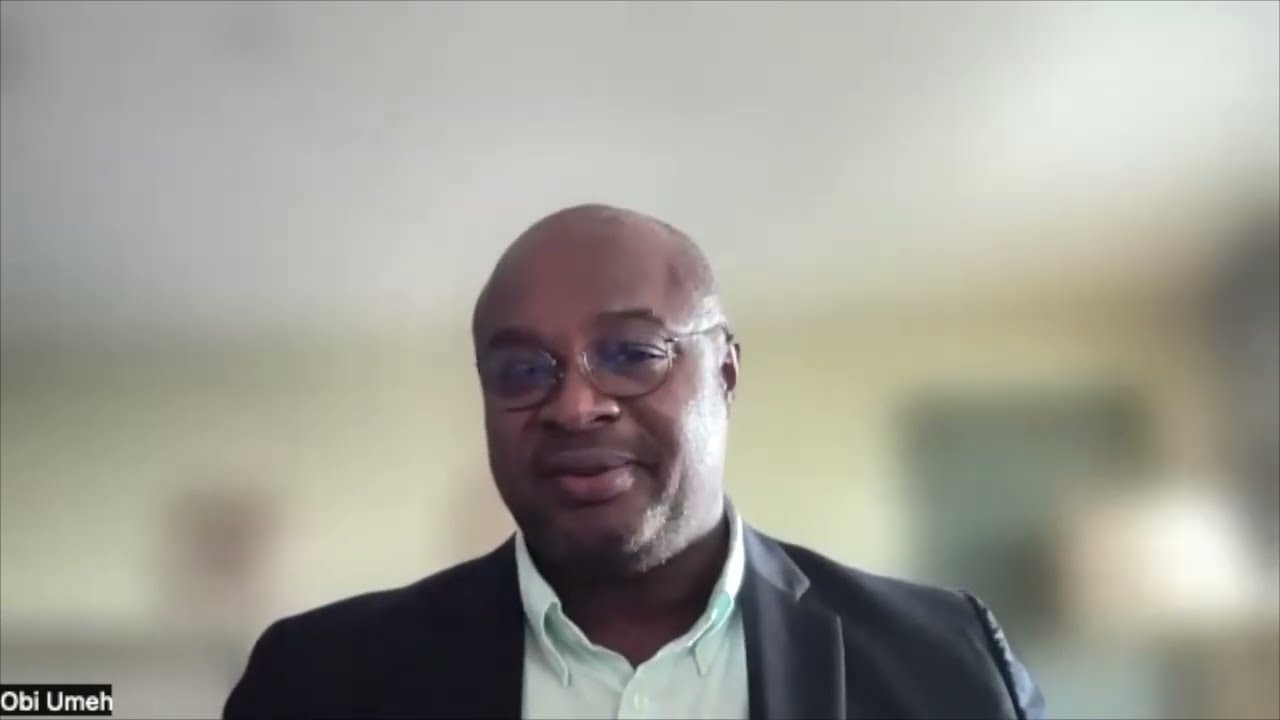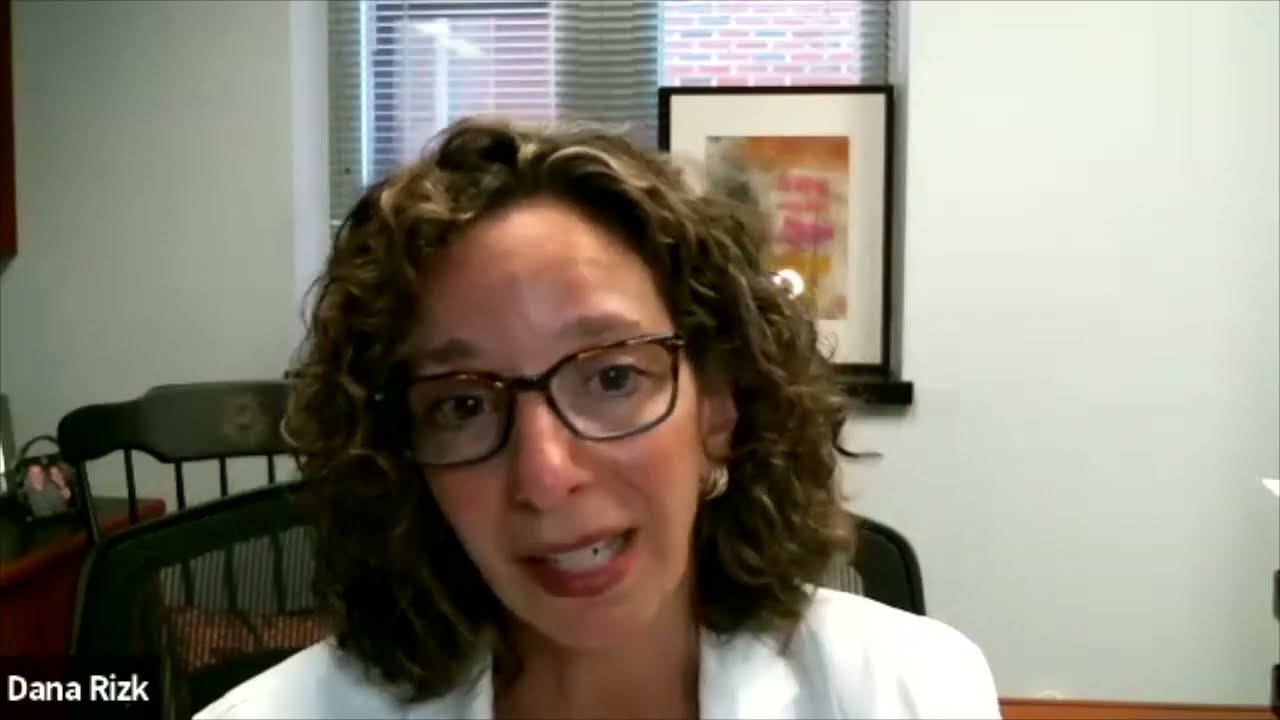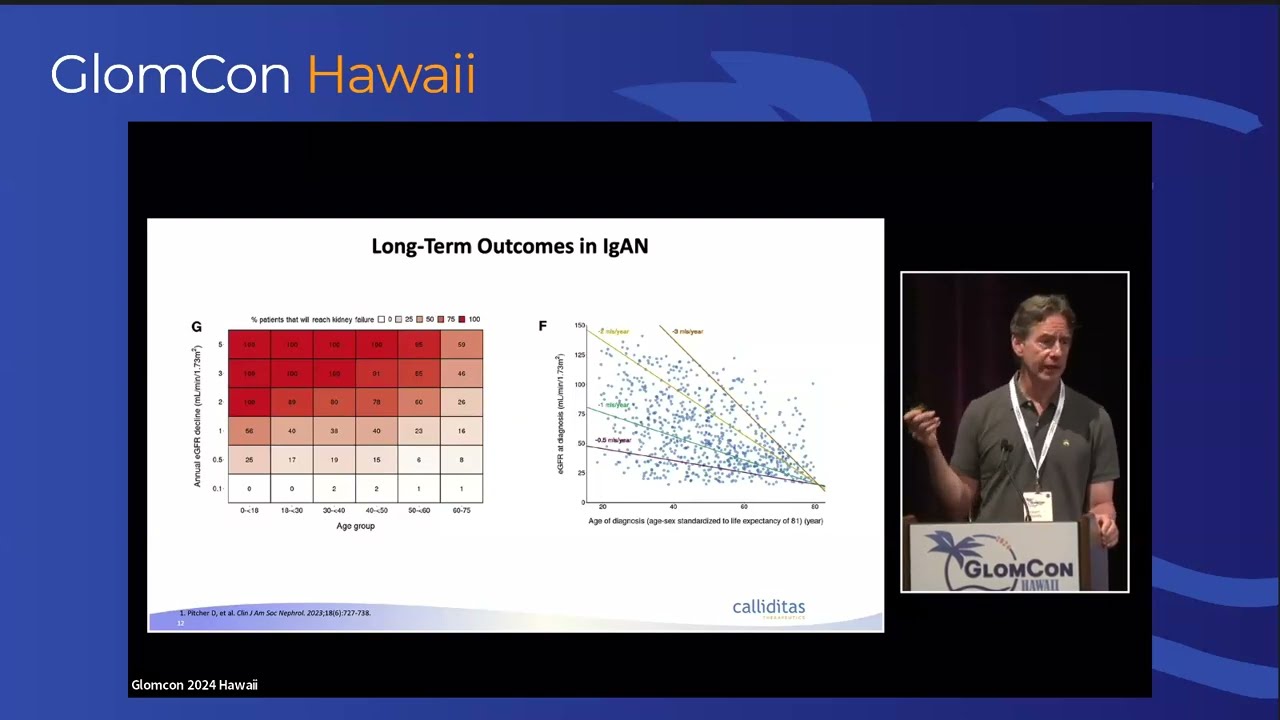The Nephrology Channel
NEW YORK (Reuters Health) – Kidney transplant recipients who are inoculated with autologous marrow-derived mesenchymal stem cells (MSC) have less risk of organ rejection and of opportunistic infection than those given anti-IL-2 receptor antibody induction therapy, according to a report in the Journal of the American Medical Association for March 21.
“Importantly, autologous MSC inoculum was not associated with adverse events nor did it compromise kidney transplant survival,” the authors comment.
Dr. Jianming Tan, of Xiamen University in Fuzhou, China, and colleagues explain that targeting interleukin 2-(IL-2) receptors on activated T lymphocytes can reduce acute rejection episodes in kidney transplant, but MSCs may offer an alternative by inhibiting T cell proliferation and suppressing natural killer toxicity, among other immunoregulatory effects.
They tested this strategy in an open-label study of 159 patients receiving a kidney from a living related donor. They were randomly assigned to receive autologous MSCs plus standard-dose or reduced-dose calcineurin inhibitors (CNIs) or to a control group given anti-IL-2-receptor antibody plus standard-dose CNIs.
Biopsy-proven acute rejection at 6 months occurred in 7.5% and 7.7% of the two MSC groups, respectively, compared with 21.6% in the control group, the investigators report. At 12 months, however, rates of acute rejection were not statistically different at 15.1%, 17.3% and 25.5% in the three groups, respectively.
Renal function recovered more quickly with MSC induction, so that the eGFR in the three groups at 7 days post-transplant was 77.0, 74.9 and 52.6 mL/min per 1.73 m², according to the report
Respective rates of opportunistic infection were18.9%, 9.6% and 29.4% (p=0.03), the authors found.
Patient survival at 1 year was 100%. One 1 patient in the MSC standard-dose CNI group, two in the in the low-dose CNI arm, and one in the control group experienced graft loss, Dr. Tan and colleagues report.
They conclude, “In our prospective randomized trial on a large patient population, autologous MSCs could replace anti-IL-2 receptor–induction therapy in living-related donor kidney transplants.”
The authors add, “Extended monitoring of study participants will allow assessment of the long-term effects of autologous MSCs on renal allograft function, survival, and safety.”
SOURCE:
JAMA 2012;307:1169-1177.


